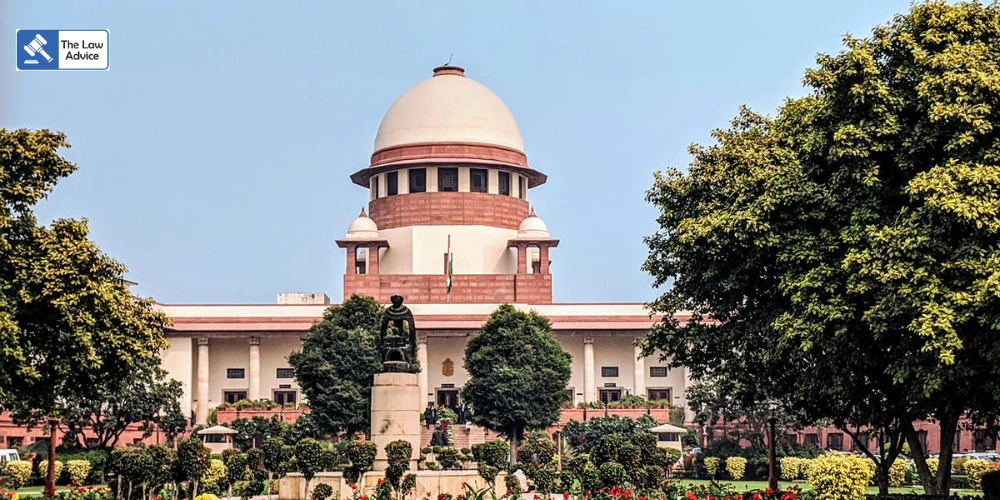The Supreme Court of India has clarified that a suit seeking only an injunction is not maintainable when the plaintiff is not in possession of the property and the title itself is under dispute. In such circumstances, the plaintiff must seek a declaration of title along with a recovery of possession, rather than filing a bare injunction suit under the Specific Relief Act, 1963.
A bench comprising Justices Ahsanuddin Amanullah and K. Vinod Chandran delivered the judgment while hearing a dispute concerning ownership and possession of family property.
The case involved a property dispute between three siblings — D. Rajammal (plaintiff), Munuswamy (deceased, represented by his legal representatives as appellants/defendants), and Govindarajan. Rajammal claimed ownership based on a Will allegedly executed by their father, Rangaswamy Naidu, which purportedly bequeathed equal shares to her and Govindarajan.
The defendant brother, however, contended that the property was ancestral joint family property, not self-acquired, and that he was in possession under a 1983 family arrangement as a co-owner.
Rajammal filed a suit for injunction, seeking to restrain the defendants from alienating or interfering with her alleged peaceful possession of the property. She also sought interim relief based on the disputed Will but did not seek a declaration of title or recovery of possession.
Court Proceedings
• The Trial Court ruled in Rajammal’s favour, accepting the Will as valid and granting injunctions restraining both alienation and interference.
• The First Appellate Court reversed this decision, holding that the property was ancestral and that the Will was not proved.
• The High Court, in Second Appeal, reinstated the Trial Court’s decree, reasoning that once the Will was valid, title vested in the plaintiff, and “possession follows title.”
Aggrieved, the defendants approached the Supreme Court.
The appellant-defendant argued that the plaintiff herself admitted that the possession of the suit property lay with the defendants. Therefore, a simple injunction suit without a declaration of ownership or claim for possession was not maintainable.
The Supreme Court agreed, holding that:
“When the title of the property is in dispute and possession is with the defendant, a suit simplicitor for injunction is not maintainable. The plaintiff must seek a declaration of title and consequential recovery of possession.”
Justice K. Vinod Chandran, writing for the bench, further observed:
“It is significant that though the plaintiff did not have possession, she had not claimed recovery of possession. While asserting a Will and title on its strength, there should have been a declaration of title sought, especially when the defendant claimed co-ownership and possession with absolute rights, making valuable improvements.”
The Court also remarked that the High Court erred in interfering with the First Appellate Court’s decision, as the plaintiff’s own admission of not being in possession clearly rendered the injunction relief untenable.
“Even if title was established, there should have been a recovery of possession sought by the plaintiff. The ill-drafted plaint and clear admissions in evidence should have restrained the trial court and the High Court from granting injunctions when possession was admittedly with the defendant.”
The Supreme Court thus set aside the High Court’s judgment and upheld the First Appellate Court’s findings, reaffirming that when possession and title are both disputed, a mere injunction suit cannot be sustained without a declaratory and recovery claim.
Case Title: S. Santhana Lakshmi & Ors. v. D. Rajammal
